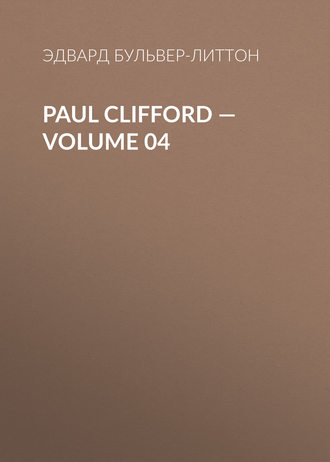Paul Clifford — Volume 04
 полная версия
полная версияPaul Clifford — Volume 04
Жанр: зарубежная классиказарубежная старинная литератураевропейская старинная литературалитература 19 века
Язык: Английский
Год издания: 2018
Добавлена:
Настройки чтения
Размер шрифта
Высота строк
Поля









